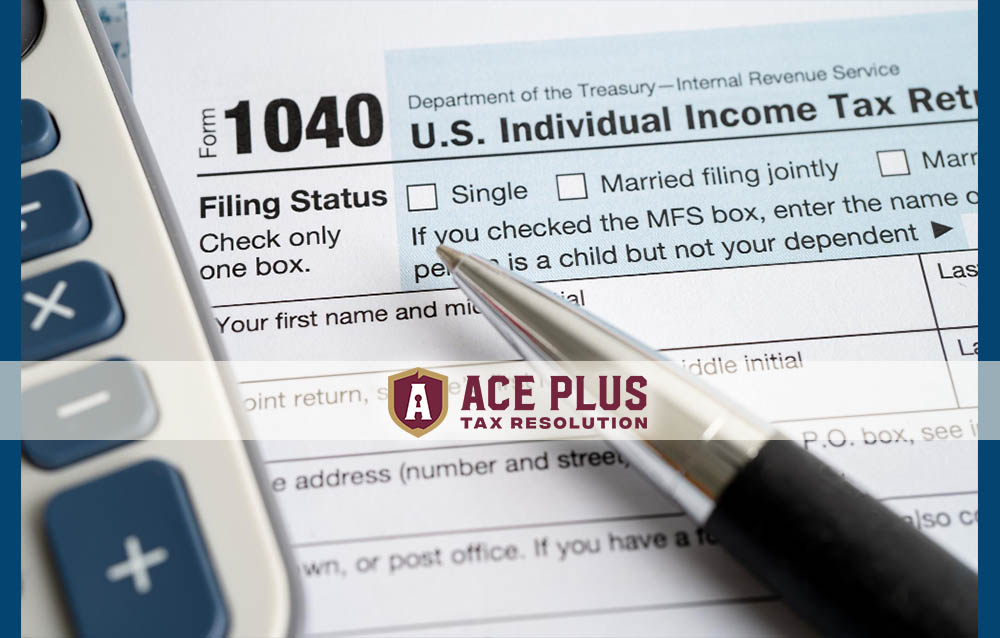Recent findings from the Treasury Inspector General for Tax Administration (TIGTA) shed light on the Internal Revenue Service’s (IRS) ongoing staffing challenges and their impact on tax enforcement. Over the past ten years, the IRS has grappled with declining personnel numbers, hindering its ability to fulfill its core mission effectively.
Despite these obstacles, the IRS has made significant strides in bolstering its workforce. Leveraging various hiring authorities, the agency has onboarded nearly 53,000 new employees between October 1, 2021, and September 30, 2023. This hiring surge occurred despite several hurdles, including: Workload constraints, Communication issues, Extended security check timelines, Limitations in the agency’s hiring management system.
The fiscal years 2022 and 2023 saw remarkable growth in the IRS workforce. It represents a substantial 41% increase in hiring year-over-year.
While staffing shortages have previously hampered the IRS’s ability to audit noncompliant taxpayers, the recent hiring push suggests a positive trend. The agency appears to be on track to secure adequate personnel to uphold the integrity of the tax system.
The Importance of IRS Audits
Audits play a crucial role in maintaining a fair and effective tax system. They serve multiple purposes:
By conducting audits, the IRS aims to verify that taxpayers accurately report their income and claim only legitimate deductions and credits. This process helps identify unintentional errors and intentional non-compliance, ultimately ensuring that each taxpayer contributes their fair share according to the law.
As the IRS continues to strengthen its workforce, we can expect increased capacity for audits and enforcement activities. This development is crucial for maintaining the integrity of the U.S. tax system and ensuring equitable compliance across all taxpayer segments.
Preparing for Potential Audits: Best Practices for Taxpayers
Given the IRS’s renewed focus on enforcement, taxpayers should prioritize compliance and proper documentation. Good record-keeping and document substantiation are critical in the event of an audit.
It’s essential to avoid aggressive tax evasion schemes and instead focus on legitimate tax planning strategies within the bounds of the law.
Taxpayers should consider seeking guidance from reliable and prestigious tax professionals, including Certified Public Accountants (CPAs) or Enrolled Agents (EAs). For those facing tax debt issues, consulting a Certified Tax Resolution Specialist can be particularly beneficial. These experts can provide valuable assistance in navigating complex tax situations, ensuring compliance, and resolving any outstanding tax debt problems.
By taking a proactive approach to tax planning and compliance, taxpayers can minimize their audit risk and be well-prepared if selected for examination.
